Arm & Hammer Natural Deodorant contains triclosan, propylene glycol, and synthetic fragrance. This is the Sneakiest of the Sneaky!
Bravo Sierra deodorant contains propylene glycol as it’s first ingredient. Enough said!
I used to love Crystal Essence deodorant and used it for years, but it turns out that it’s so effective because it contains potassium alum. The same is true of those crystal deodorants (as in, the ones that are just an actual rock.)
Dove 0% Aluminum Deodorant contains DHT and dipropylene glycol, in addition to synthetic fragrance.
Every Man Jack deodorants are “naturally derived,” but contain sodium benzoate, phenoxyethanol, and a bunch of other chemicals on my Bad/Sneaky Stuff list.
I long considered Herbal Magic to be Good Stuff, but they recently changed their formula, and the fragrance is now synthetic. However, their unscented deodorant is still Good Stuff.
Herban Cowboy deodorants contain synthetic fragrance. Enough said.
Jason Natural deodorants contain synthetic fragrance, citral, eugenol, linalool, limonene, and other concerning ingredients.
Kopari is advertised as “coconut deodorant,” and while it does contain coconut oil, it also contains propylene glycol as well as synthetic fragrance.
Kiss My Face deodorants contain propylene glycol, synthetic fragrance, and—in the case of their roll-on deodorants—potassium alum.
Lanvilin deodorants are free of phthalates, but the fragrance is not natural, so I am suspicious of the undisclosed chemicals likely lurking! (Note: Don’t confuse this products with Lavanila, which is Okay Stuff.)
Lume a lot of synthetics ingredients, and some other Bad Stuff, such as phenoxyethanol, PEG chemicals, and polysorbate 60. Note that unscented Lume is the best of the bunch; it scores only a 2 from EWG.
MegaBabe calls itself a “clean deodorant,” but depending on the formula you’ll find propylene glycol, sodium benzoate, and/or fragrance.
Malin & Goetz works well and has the nicest packaging of any deodorant I’ve seen. Unfortunately, it’s got a bunch of problematic ingredients, including phenoxyethanol and propylene glycol.
Native Deodorant is probably the one we are are asked about most, and I know you guys are big fans. Although we previously considered this Good Stuff, Native is now using “a proprietary blend of oils” for their fragrance blend. They specify that they are phthalate-free, but unless they disclose specific oils–and most importantly clarify that only essential oils are used–we will keep Native Deodorant listed as Sneaky Stuff. And for those of you who have asked: the reason that EWG’s Skin Deep gives Native a score of just 1 is because they have an incorrect ingredients list, which doesn’t include “fragrance.”
Naturally Fresh crystal deodorant contains only two ingredients, but both are types of “alum” and should therefore be avoided.
Tisserand does contain tea tree oil and other natural ingredients, but it’s also got loads of synthetics, including benzyl alcohol and methylchloroisothiazolinone.





























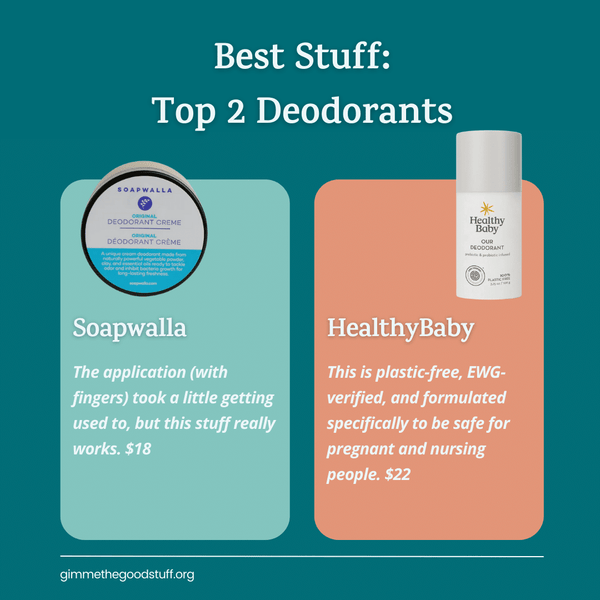
























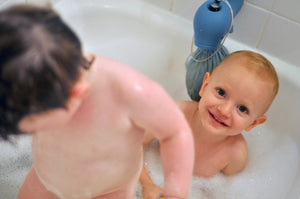


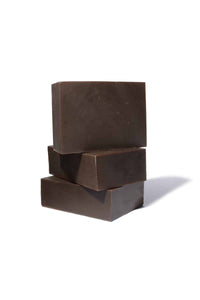
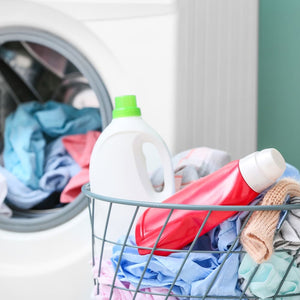
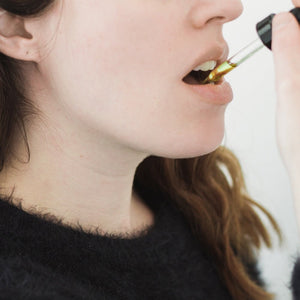
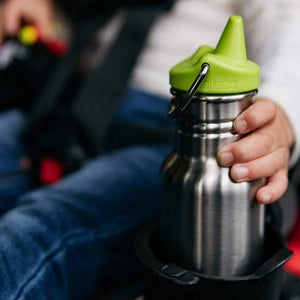
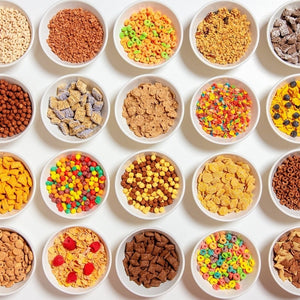

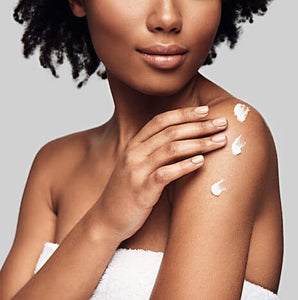
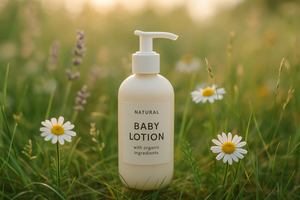
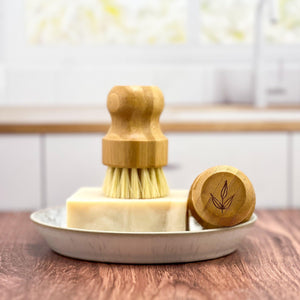
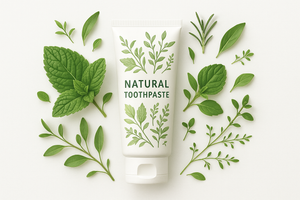
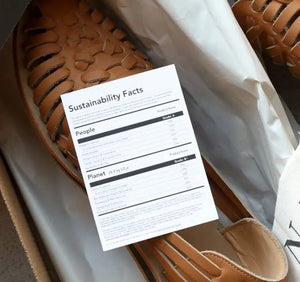
202 comments
busymomnwife
Great article! Very informative.
Would you have any thoughts on the brand Billie deodorant? Thanks!Cynthia
Hi! I was wondering if you have thoughts on Honestly pHresh? Thanks for all your guides!
Maia james
Yes, you’re right! Green Goo is definitely #goodstudd
AW
Missing from this list is Green Goo. They are the only deodorant in the natural market, that I have personally found to work. Absolutely no smell after a whole day. And as near as I can tell no bad or sneaky ingredients. (I am just a really happy customer who spent years looking for a natural product that worked.)
Maia James
looks like Good Stuff:)